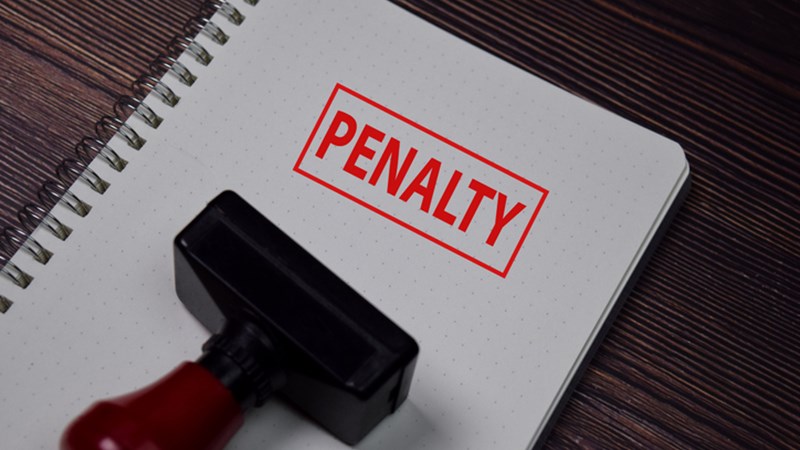General terms and Conditions
Pursuant to Dutch law, the ‘general terms and conditions’ are one or more conditions in writing that have been drafted for the purpose of inclusion in multiple agreements. Conditions that concern the essentials of the contractual performance cannot qualify as a ‘general condition’. In judging general terms and conditions, a number of issues is of importance: the applicability, voidability and possible battle of forms.
Applying General Terms and Conditions
An agreement is established by offer and the acceptance thereof. If one wants to apply general terms and conditions, these should be part of the offer and they should be accepted. In other words, before or at the conclusion of the agreement, it should be clear that the user wants his general terms and conditions to be applicable to the terms of the transaction. The opposing party should accept this applicability, either explicitly or tacitly. It is not required that the opposing party also reads and understands the general terms and conditions before he accepts the applicability thereof (article 6:232 DCC).
Battle of Forms
It may happen that both parties to an agreement refer to (different) general terms and conditions. This is called a ‘battle of forms’.
The Dutch legislator has provided for this situation as follows: in the event that offer and acceptance refer to different general terms and conditions, the second reference has no effect, unless the applicability of the first set of general terms and conditions is explicitly rejected (Article 6:225 lid 3 BW).
Please note: if Dutch law is applicable to a sales agreement that is entered into with a foreign party, the Convention on Contracts for the international Sales of Goods ('CISG') may be applicable. The 'CISG' includes regulations for commercial trade that at some points deviate from Dutch law.
One of those differences is the battle of forms: opposite to what is assumed under Dutch law, under the CISG more and more judges assume that in the event of a battle of forms, none of the general terms and conditions should apply ('knock out rule').
Making General Terms and Conditions Available
General terms and conditions must not only be stated to be applicable, but must also be made available before or at the conclusion of the agreement if the opposing party is a Dutch consumer or a Dutch company with less than 50 employees. This is necessary because a Dutch consumer or a ‘small’ Dutch party may otherwise 'set aside' or nullify these general terms and conditions, as a consequence of which they are not applicable.
Setting aside or nullifying general terms and conditions by a opposing party with less than 50 employees is not possible if this company has published its full annual reports (article 6:235 lid 1 DCC).
If an agreement is concluded digitally, the general terms and conditions may be made available digitally, provided that the general terms and conditions can be saved by the opposing party and may be consulted by the opposing party at a later moment. This could therefore be done by sending the general terms and conditions to the opposing party by email as a pdf attachment. It also seems sufficient if the referral clause clearly states that the general terms and conditions are part of the agreement between the parties and that these can be found behind a clearly recognizable hyperlink on the user’s web site, enabling the opposing party to download and save the general terms and conditions. It is, however, necessary that the opposing party, as soon as he opens the hyperlink, is redirected to the page that contains the general terms and conditions and does not have to search within the web site.
In the event of a dispute, it is up to the user of the general terms and conditions to prove that these have been made available to the opposing party. The preferable means of making the general terms and conditions available is attaching them to and email as a pdf file and carefully saving this email as proof.
Article 6:235 section 3 DCC offers a helping hand: the party who repeatedly applies similar general terms and conditions that he now objects to, cannot avoid the applicability (on the basis of their being unreasonably onerous or not being made available correctly).
In the event of a foreign opponent, Dutch standards - strictly speaking - allow the mere declaration of applicability before or at the conclusion of the agreement. A foreign company is not in the position to set aside general terms and conditions if these have not been made properly available. However, there is a risk that, in the event of a dispute, a foreign opponent will not comply with an arbitral clause included in the general terms and conditions and may turn to a judge in his own country. This judge may rule that the general terms and conditions are not applicable when they have not been made available at the conclusion of the agreement. This is why it is preferable to always make the general terms and conditions available before or at the conclusion of the agreement (in the manner as described above for Dutch parties) and making sure that one can prove receipt thereof by the opponent.






